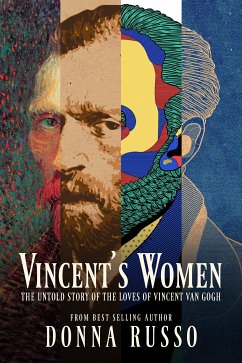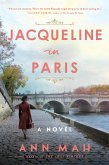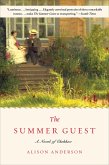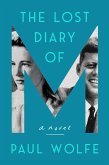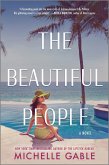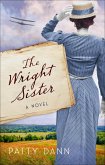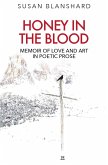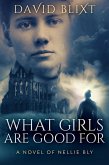The story is guided by Johanna van Gogh Bonger, Vincent's sister-in-law, as she decides to reveal the truth about Vincent to her son. We are then taken on a journey through Vincent's life, each section bringing a pivotal moment of Vincent's life alive while showing us the part she played in bringing it about. Between each woman, our guide, Johanna, gives us the transitional periods, right up to his death, which is now in question.
Hundreds of the nearly thousand letters between Vincent van Gogh and his brother Theo, now considered one of the greatest documents of the human experience, were used to help construct this novel, its narrative, and dialogue, especially the dialogue of Vincent himself.
Vincent van Gogh is one of the most well-known artists of all time. The world knows of his madness, traumas, and suicide. But what if all that we know isn't true? What if this knowledge is based on rumors and nothing more? What if his true story is vastly different when based on factual material and forensic information? What if the truth of Vincent's life-his madness and his genius-is defined by his never-ending search for love?
Dieser Download kann aus rechtlichen Gründen nur mit Rechnungsadresse in A, B, BG, CY, CZ, D, DK, EW, E, FIN, F, GR, H, IRL, I, LT, L, LR, M, NL, PL, P, R, S, SLO, SK ausgeliefert werden.

